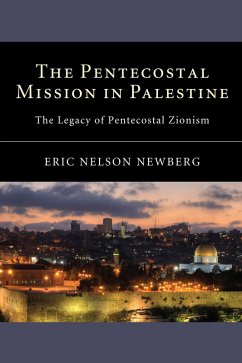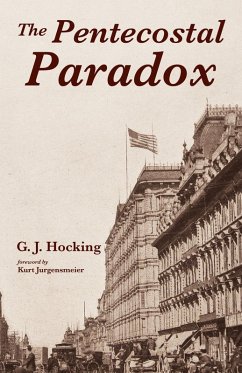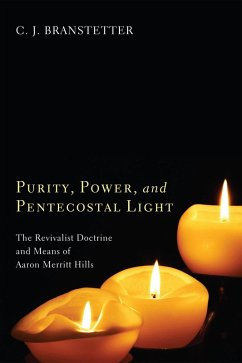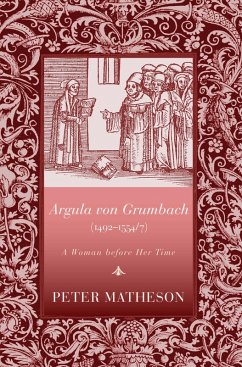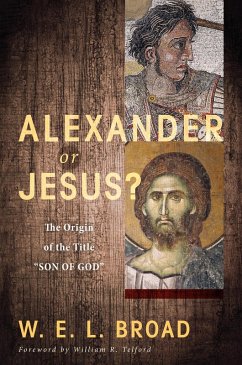The Pentecostal mission in Palestine is a virtually unknown episode in the history of Pentecostalism. Its story begins in 1906 at the Azusa Street Revival, from which missionaries were sent to Palestine. In its first thirty years, the Pentecostal mission in Palestine gained a foothold in Jerusalem and expanded its reach into Jordan, Syria, and Iran. It was severely tested and lost traction during the tumultuous period of the Arab Revolts, World War II, and the Partition Crisis. With the catastrophic war of 1948, the Pentecostal missionaries fled as their Arab clients were swept away in the Palestinian Diaspora. After 1948, a valiant attempt was made to revive the mission, but only with relative success. Although the Pentecostal missionaries failed in their objective of converting Jews and Muslims, they were eyewitnesses of the formative events of the Arab-Israeli conflict. Newberg argues that the Pentecostal missionaries functioned as brokers of Pentecostal Zionism. He offers a postcolonial assessment of the Pentecostal missionaries, crediting them for advocating philosemitism, yet bringing them up short for disregarding the civil rights of Palestinian Arabs, espousing Islamophobia, and contributing to the forces working against peace in the Holy Land.
Hinweis: Dieser Artikel kann nur an eine deutsche Lieferadresse ausgeliefert werden.
Dieser Download kann aus rechtlichen Gründen nur mit Rechnungsadresse in A, D ausgeliefert werden.
Hinweis: Dieser Artikel kann nur an eine deutsche Lieferadresse ausgeliefert werden.

